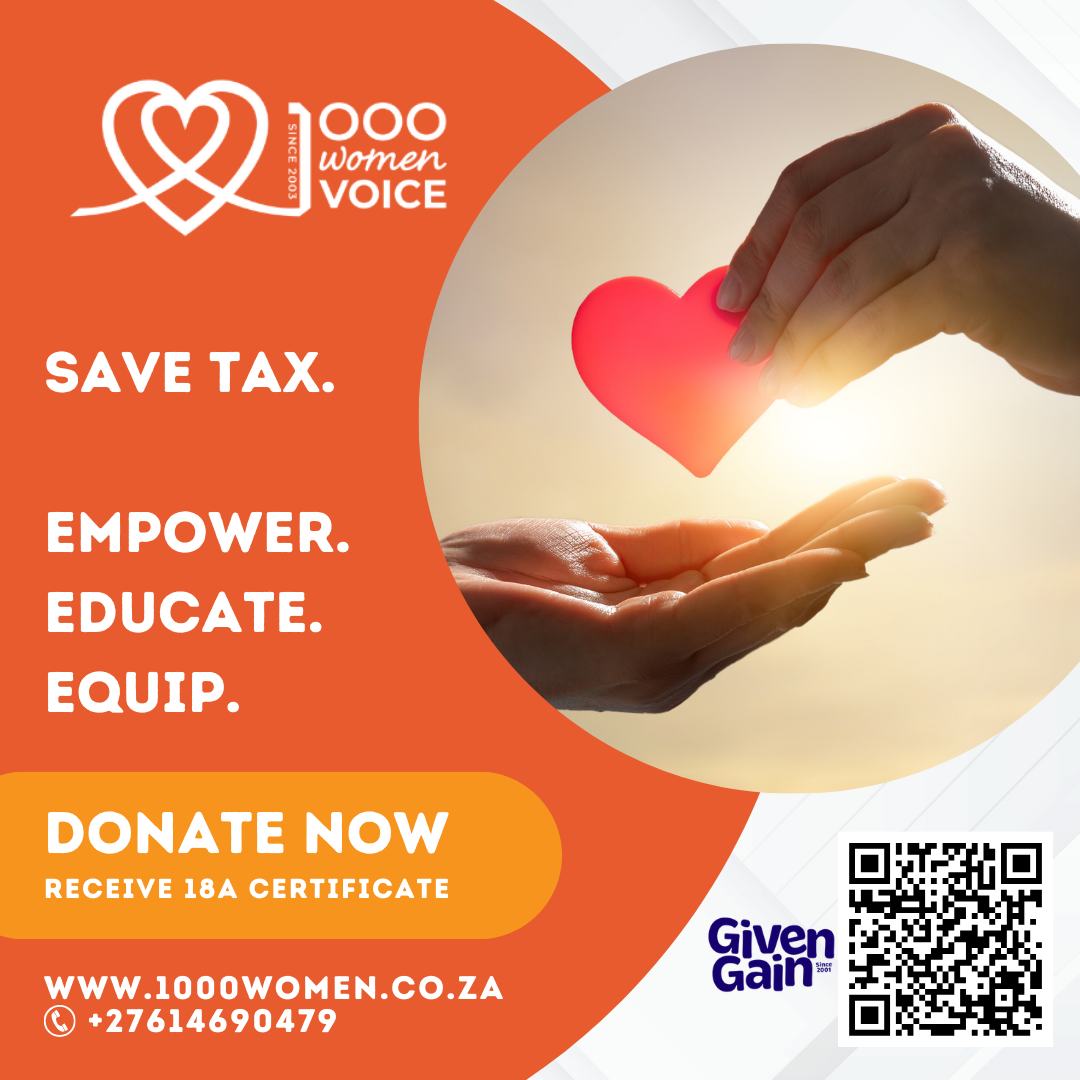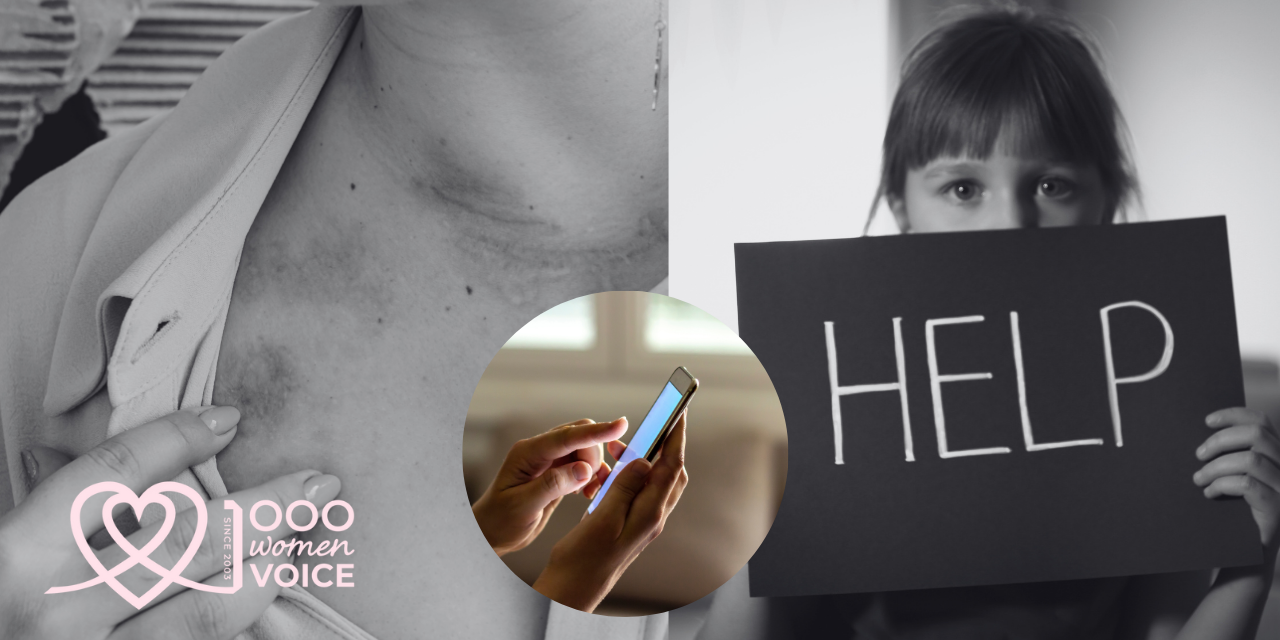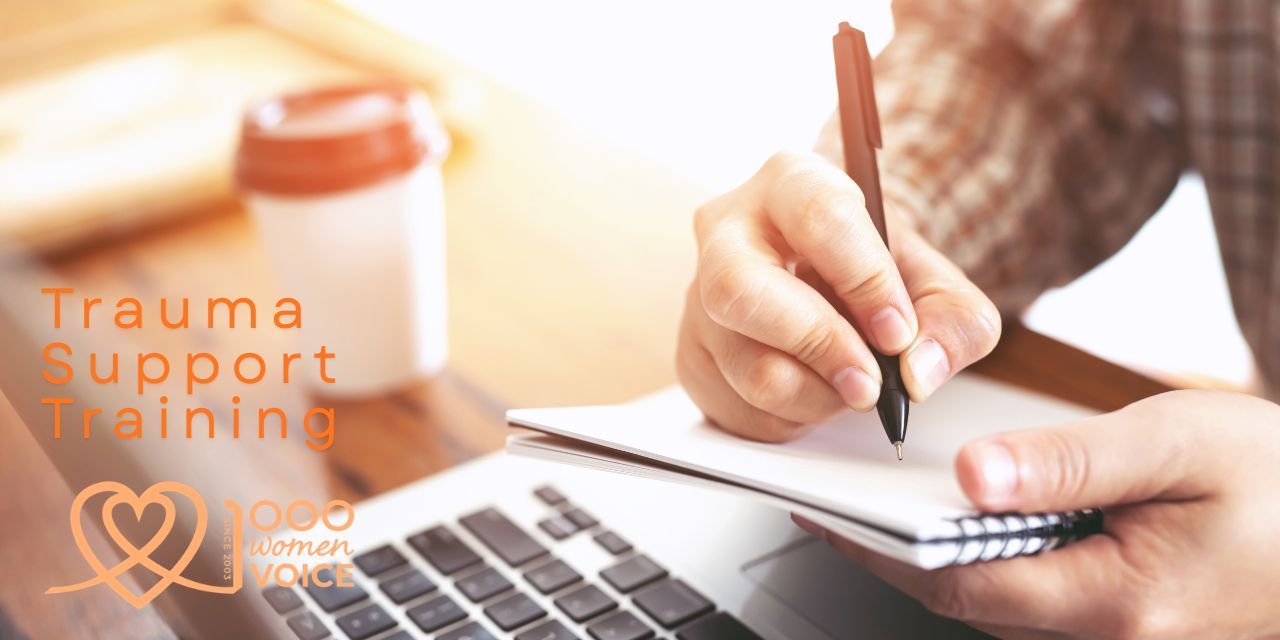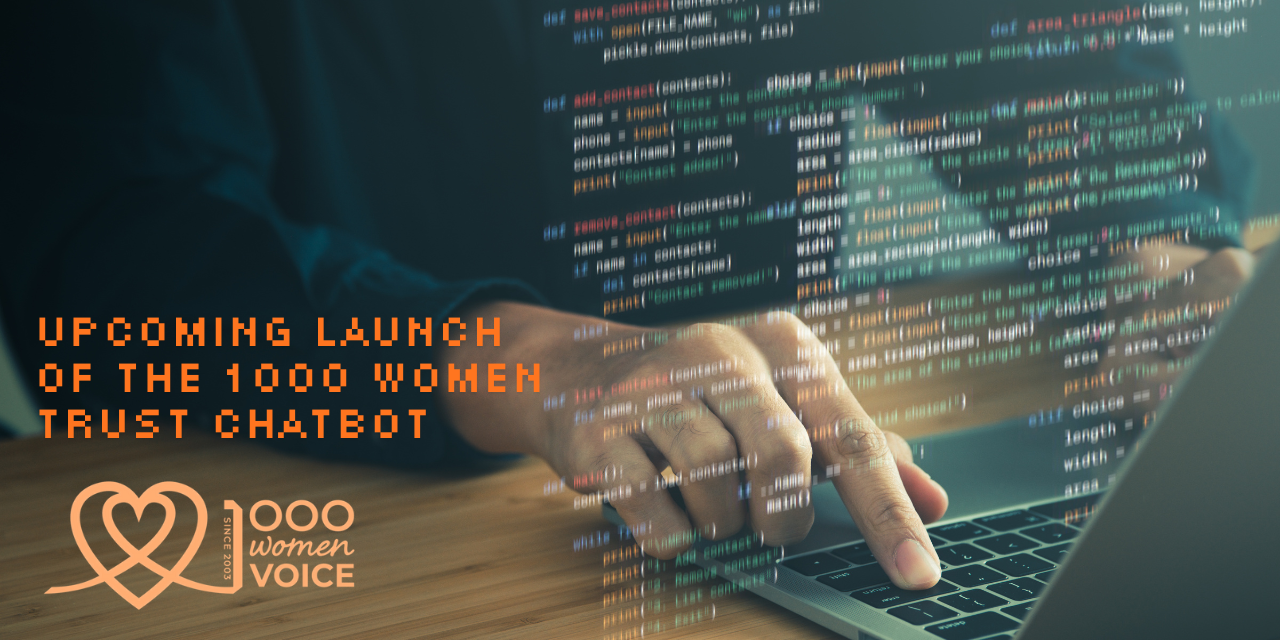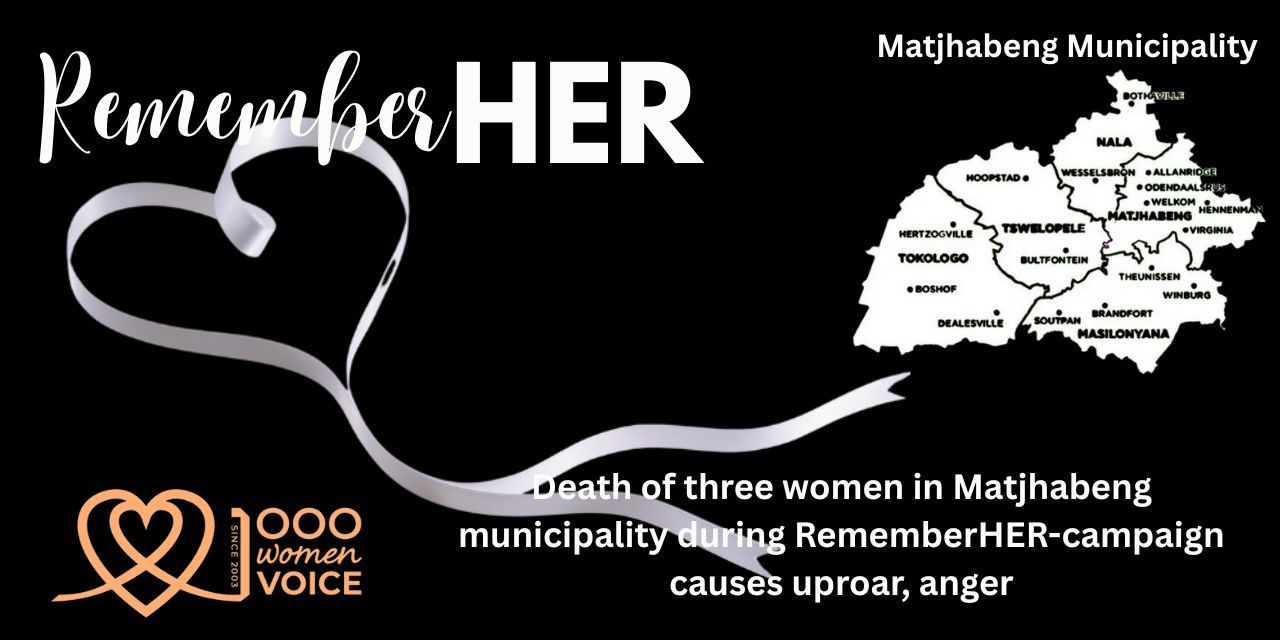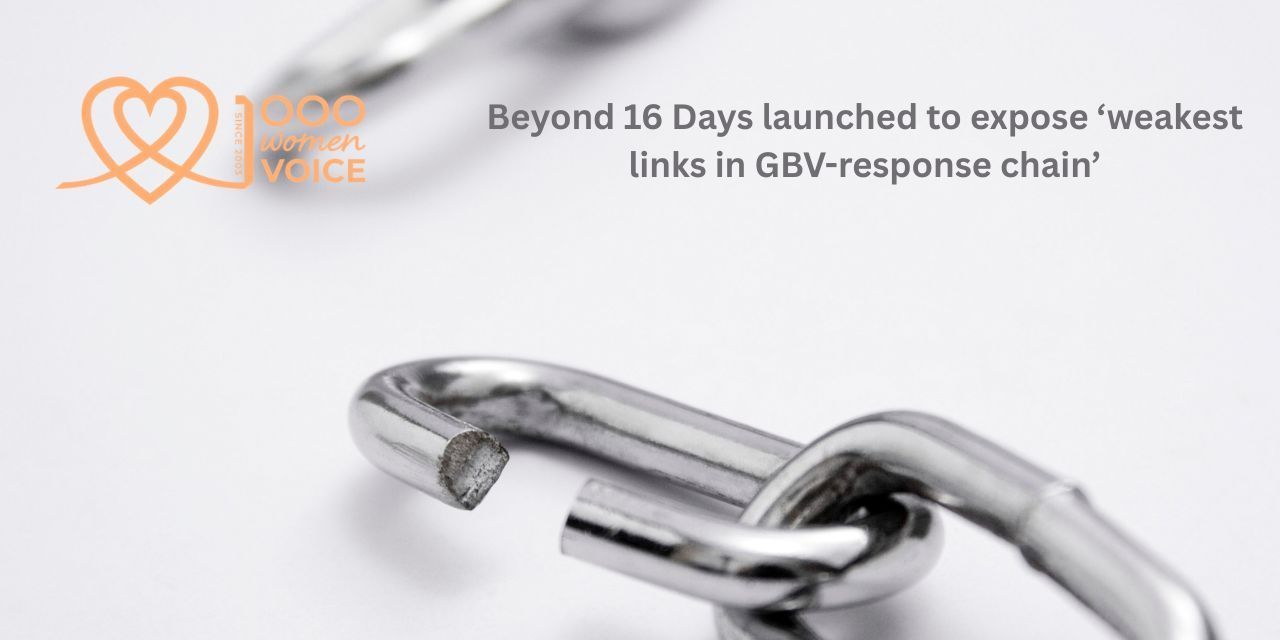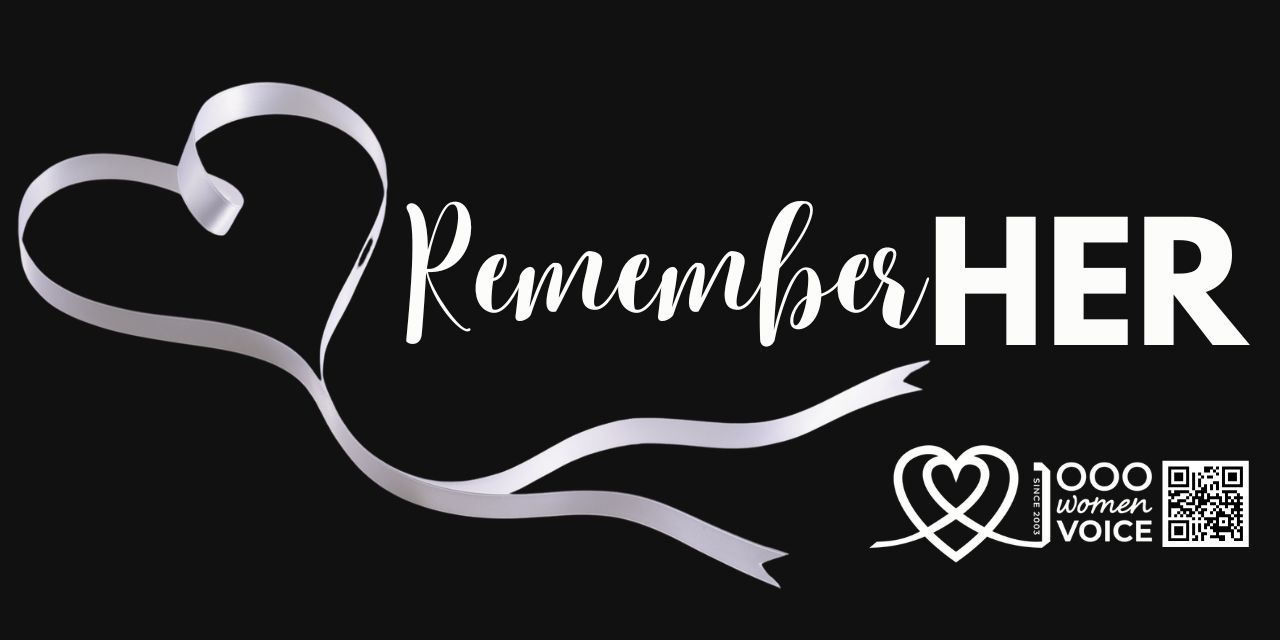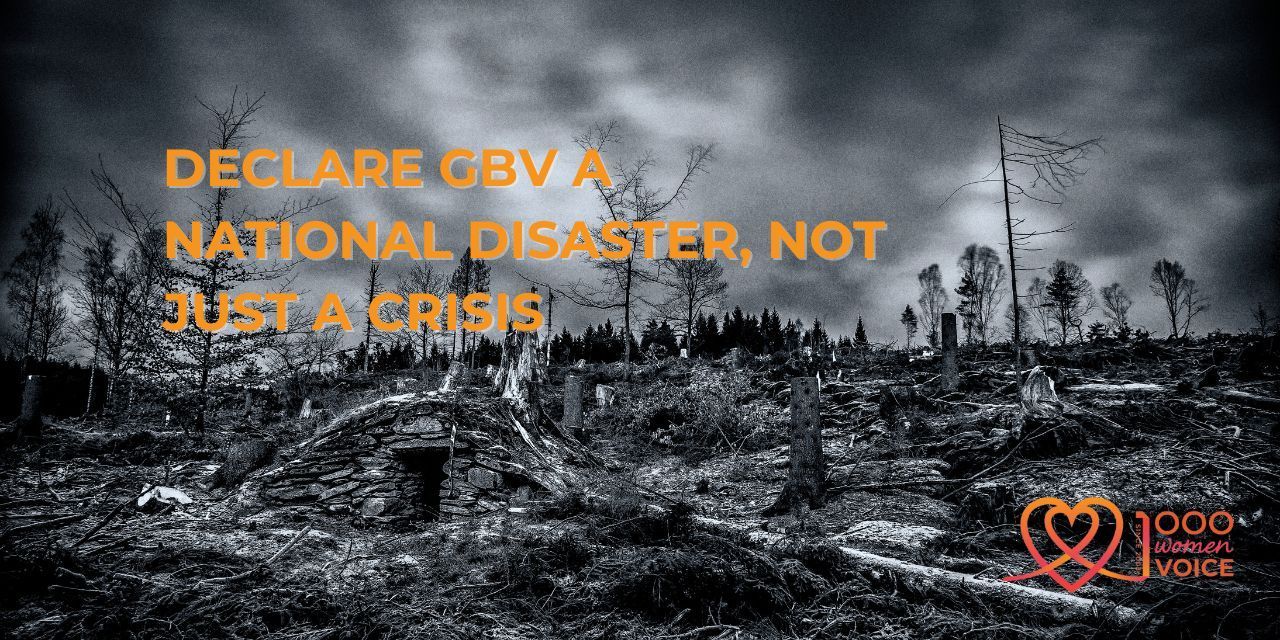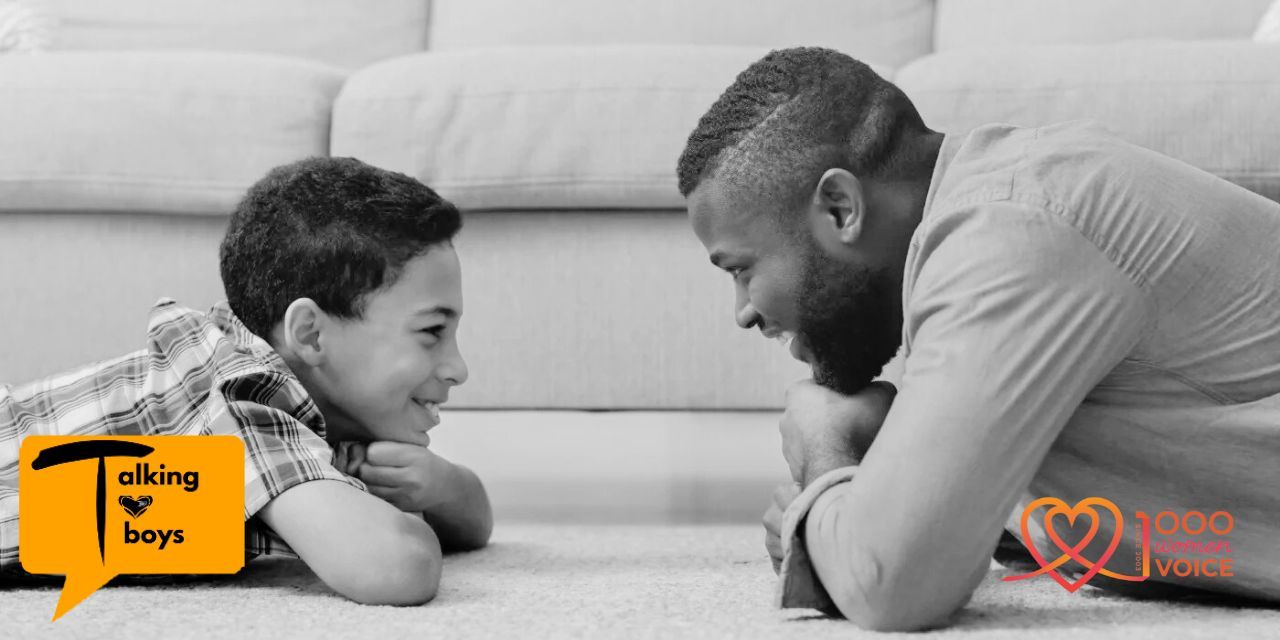Teen pregnancies in Cape, rape of a 12-year old girl in Mitchell’s Plain alarming
CAPE TOWN. – There was a total of 325 pregnancies of girls between the age of 10 and 14 in the Western Cape the past year, while 934 pregnancies in the age group occurred in Gauteng between April 2020 and January 2021.
There were 11342 girls in the Western Cape between the age of fifteen and nineteen that fell pregnant the past year, while 325 girls in the province between the age of ten and fourteen fell pregnant in the same period.
Zelda Ferguson, an activist against gender-based violence, revealed the alarming news that a 12-year old girl in Mitchells Plain fell pregnant to the boyfriend of her grandmother.
She said she was approached by a woman from Mitchell’s Plain, while she was protesting against a bail application by an alleged rapist at court, and the woman told her that her 61-year old boyfriend had sexually molested and raped her granddaughter, aged 12.
The girl fell pregnant and told her grandmother what had happened.
The alleged rapist was arrested and is currently out on bail.
The grandmother said she contacted the investigating officer, who told her that there is currently a backlog with DNA-tests, and therefore the case is delayed, but as soon as the perpetrator’s DNA-testing is completed, he will be brought to justice.
The 12-year old girl was taken to a safe house after the alleged rape took place.
“The grandmother is in a state and needs trauma counselling while her former boyfriend is roaming freely,” Ferguson said.
1000 Women Trust demands answers
Tina Thiart, founder member of 1000 Women Trust that aims to raise awareness around gender-based violence, rape and abuse, said it is alarming that the Gauteng department of Health recently released statistics that showed that 934 girls between the age of 10 and 14 fell pregnant between April 2020 and January 2021.
There were also 23226 teenage pregnancies between April 2020 and March 2021 in Gauteng according to their department of Health, she said.
“What we need to understand is that in two provinces we have had more than 1200 pregnancies of girls between the age of 10 and 14. In many cases, we have had girls aged 12 or younger who have fallen pregnant, and that is statutory rape, while pregnancy in the age group of 12 to 16 is due to sexual assault.
“We demand to know how many statutory rape cases are opened because of the pregnancies of girls between the ages of ten and twelve,” Thiart said.
“We also call on the national prosecuting authority and the police to accelerate the process of arresting the perpetrators and bringing them to justice.
“What is very disturbing, is reports from parents that there are teachers who sexually assault children, who fall pregnant and then the parents of these children are bribed by the perpetrators to keep it quiet.
“Parents must have a hands-on approach in sharing values with their teenage girls like the importance of boundaries and not allowing anybody to disrespect them or to make sexual advances to them before they are ready for a serious relationship.”
‘Disgusting social media comments’
Caroline Peters, director of 1000 Women Trust, asked: “Where is the outcry about statutory rape in the country. The age of consent is 12 so there should be that many cases against perpetrators.”
The perpetrators of statutory rape were locked in with the children of 12 or young who were raped during the covid-19 pandemic.
The social media comments that the girls wanted to get pregnant to receive social grants is completely appalling and incredibly disgusting, as to suggest that they fell pregnant by choice, Peters said.
Department of Social Development
Esther Lewis, head of communications for the Department of Social Development in the Western Cape, said her department funds and operates a range of parenting and family support programs.
The programs involve, parenting skills programs for parents and teenagers, as well as support for parents of children who are at risk. Some participants in the programs are teenage parents themselves.
“Our social work child protection services offered by the DSD are available to all who need them, including preventative and early intervention programs for children and teenagers engaging in risky behaviour, and children and teenagers in need of psychosocial support or even placement into alternative care to protect them from abuse, sexual predators and exploitation.
Anyone in need of help or who is aware of a child at risk can report this to the DSD or approach the nearest local office to speak to a social worker or designated child protection organisation,” said Lewis.
#PlanAheadWC-campaign
Lewis said the Western Cape Department of Health is currently promoting contraception in the news and social media as a cornerstone of good sexual and reproductive health during the COVID 19-pandemic and beyond.
Through its #PlanAheadWC campaign (June 2021 to September 2021) the department has launched a new internet site of its family planning services to educate sexually active women between the ages of 15 and 24 about the need for contraception and contraceptive use. The site comprises of frequently asked questions, benefits about contraceptive use, information on health care facilities offering family planning services outside of normal working hours and the contact details.
Women can access information using their smartphone or other suitable devices by visiting www.westerncape.gov.za/site-page/family-planning , participate in #AskMeAnything on the Western Cape Government Health Facebook page or post about their family planning experience at the clinic using the hashtag #PlanAheadWC, said Lewis.
Role of Western Cape Education Department
In terms of the role of the Western Cape Education Department, sexual education in schools is focused on prevention and “making the right choices”.
The importance of providing children with the knowledge, skills, attitudes and values regarding their sexuality and the accompanying social responsibility in especially the learning area. Life Orientation cannot be overemphasized.
The principle that it is best for learners to abstain from sexual activity should be stressed. Educators emphasizing the importance of good moral values should be the backbone of sexual education, Lewis said.
The Life Orientation curriculum for every phase deals with sex and sexuality at appropriate levels. Many of the interventions have changed the focus on merely providing information on pregnancy prevention to teaching and discussing values with both female and male learners.
The focus is rather on intervention strategies to address other wider issues that might impact on teenage pregnancies such as drug abuse, bullying, self-esteem enhancing and decision-making skills, Lewis added.
In the subject Life Orientation, sexuality education and life skills education are done with learners from primary school to high school.
“At some of our schools, care and support assistants are employed to assist learners with sexuality education and life choices,” Lewis said.
School social workers do a high school preparation program. Teenage sexuality and positive life choices are key aspects of this program featuring learners from grade seven and above.
The family transformation centre, for example, has spearheaded a fatherhood program focusing on boys, male educators as well as fathers. The idea is for male educators and fathers in the community to be good role models for young boys, Lewis added.
